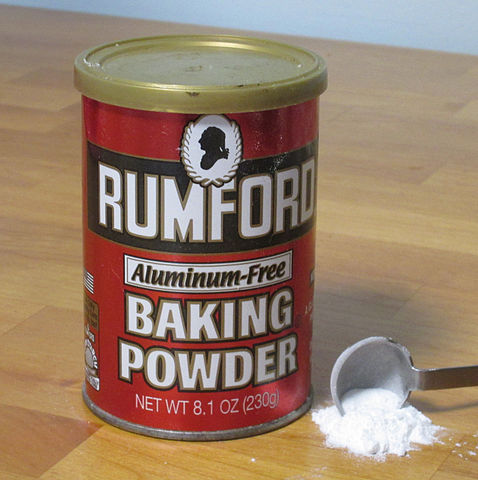Baking Powder vs Baking Soda
Understanding the difference between baking powder and baking soda is essential in the culinary world, as they are two common leavening agents used in kitchens globally. They are added to doughs to release carbon dioxide bubbles, causing the dough to rise and resulting in tasty baked goods. However, it’s crucial to know the other ingredients in a recipe before deciding whether to use baking soda or baking powder. This article will explain the differences between the two to help you choose the best one for your needs.
Key Takeaways
- Baking soda is sodium bicarbonate, a base that requires an acid and moisture to create a chemical reaction that releases carbon dioxide to make the dough rise. It needs to be added to an acidic mixture and baked immediately after mixing.
- Baking powder contains sodium carbonate and an acid (usually cream of tartar) that is required to produce the chemical reaction. It only needs moisture to start forming carbon dioxide bubbles and is available as single acting or double acting powder.
- While both baking soda and baking powder are leavening agents that create carbon dioxide bubbles, there are differences in how they work due to their composition. Baking soda requires an acid and moisture, while baking powder contains both and only needs moisture. Additionally, baking soda can make recipes bitter, but baking powder produces a neutral taste.
